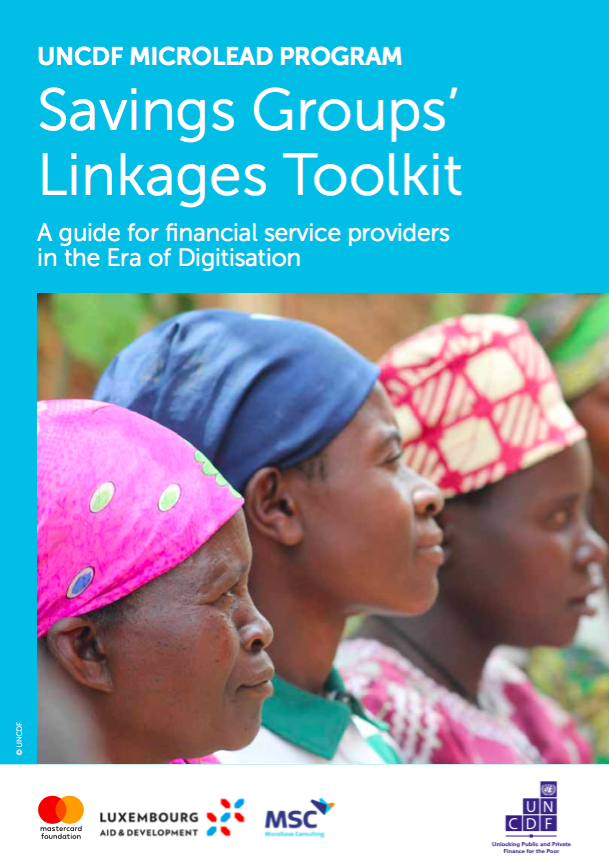This report provides some of the first insights into how savings groups can successfully transition from paper to digital ledgers and examines some key hypotheses about digitizing savings groups. Specifically, the report presents findings from an evaluation of a pilot test of DreamSave—a digital savings ledger—conducted by Project Concern International (PCI)—A Global Communities Partner, DreamStart Labs, and the International Center for Research on Women (ICRW). DreamSave was implemented among thirteen savings groups in the Mara region of rural Tanzania. PCI selected six existing savings groups (“paper-to-digital”) and created seven new groups (“born digital”) with whom to test the application (app). The groups used the digital ledger to conduct group savings activities for eight months. PCI provided each group with a smartphone to mitigate any bias from only working with groups which had access to a group smartphone. For the vast majority of members, this was the first time they had ever used a smartphone.
The key findings of this report indicate that the digital record keeping app reduced financial transaction times and errors in record-keeping and that digitization increased members’ ability to create and track progress towards their savings goals. Conflict among group members decreased and digital curiosity increased with the introduction of smartphones. The report also examines gender barriers to and impacts of digitization. Most female members in the new savings groups tended to be younger, women were far less comfortable using smartphones than men, and many groups wanted to keep a paper ledger in addition to the digital app. Women faced systematic barriers to accessing and owning mobile technology, which made them less likely to gravitate toward a digital savings ledger and more likely to need extra time to gain confidence with the technology and their skill level.
This resource will be useful to organizations implementing and evaluating digital savings group (DSG) projects and anyone interested in learning about the implications of adding technology to a group-based financial service.




